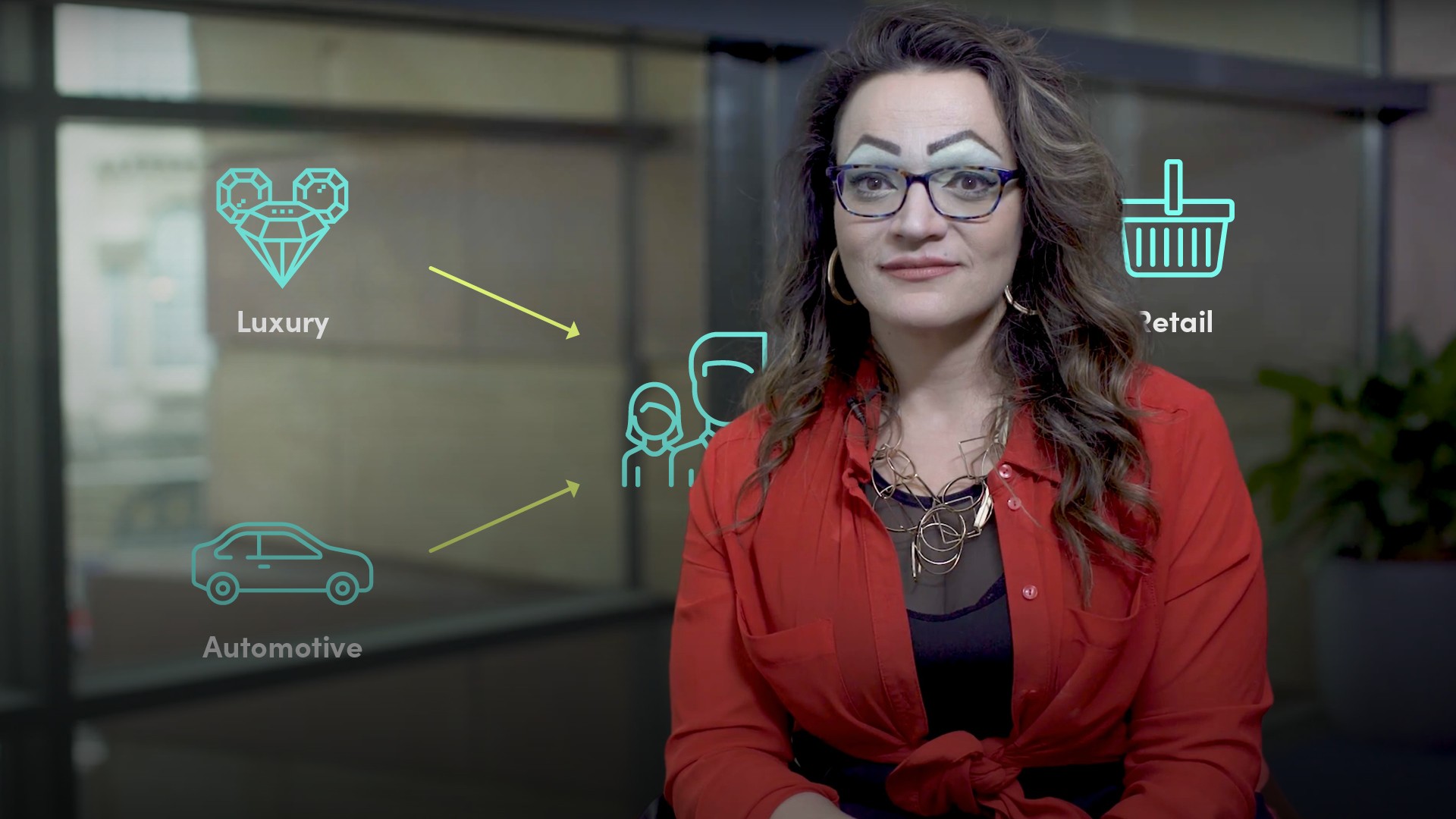
What is Emotional Banking?

Duena Blomstrom
20 years: Financial services & culture
Emotional Banking™ is the concept around the fact that banks ought to think of the consumers’ feelings about their money. In this video, Duena discusses Emotional Banking as a change program used to transform banking culture in a way that will see them deeply invested in becoming a brand that will be able to understand the feelings of its consumers.
Emotional Banking™ is the concept around the fact that banks ought to think of the consumers’ feelings about their money. In this video, Duena discusses Emotional Banking as a change program used to transform banking culture in a way that will see them deeply invested in becoming a brand that will be able to understand the feelings of its consumers.

What is Emotional Banking?
12 mins 32 secs
Key learning objectives:
Define Emotional Banking
Explain the difference between a product and a service
Identify examples of good and bad money moments
Overview:
It is the concept around the fact that banks ought to think of the consumers' feelings about their money. At the same time, it examines how the business should offer an experience, not a suite of products.
What is Emotional Banking?
Emotional Banking as a change program aims to transform banking culture in a way that will see them deeply invested in becoming a brand that will be able to understand the feelings of its consumers, and then enchant them.
What are the products Retail Banks offer?
- Current accounts
- Loans
- Savings
- Mortgages
What is the difference between a product and a service?
Products - are sold “as in” in transactions that require efficiency and operational excellence.
Services - are sold ‘per fit” in dialogues, negotiations and experiences that require empathy and communication excellence.
Banks need to shift to exploring what it means to be selling ‘really emotionally charged services”.
What are some examples of Good and Bad money moments?
Money Moments – This is when a consumer has had to interact with his finances.
Bad Money Moments:
- Paying bills
- Loans
- Fraud
- Fees
- Failed digital interactions
- Bad customer service
- Unavailability of information
- Delays in service fulfilments
Good Money Moments:
- Purchases
- Savings
- Insurance
- Offers
Should banks change?
To put the consumer at the heart of the operation, banks need to undergo intense transformational change if they are to avail themselves of the opportunities technology has created. Banks must use ‘Designing from First Principles’ whereby they create an experience for their consumers starting from a blank slate. Examples such as, Monzo, Starling and Simple have been successful in this.

Duena Blomstrom
There are no available Videos from "Duena Blomstrom"

